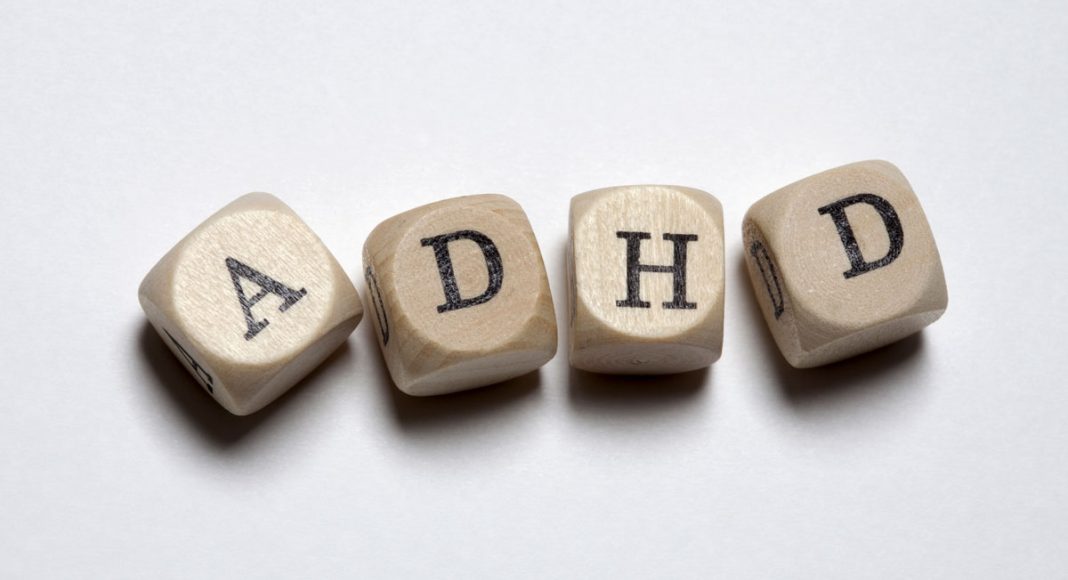Finding products that are going to work well for people not only during an entire day, but across their lifespan is very important.
Internet chat rooms are exploding with people talking about cannabis to treat their ADHD, but does it really work? I’m Doctor Mary Clifton. I’m an internal medicine doctor practicing in Manhattan, New York and I thought I would never have to treat ADHD. I mean, it’s a diagnosis of childhood.
There’s the issue with being able to pay attention, but then there’s also the issue of being able to sit still. It affects people over their course of their entire lifetime, in most cases. And it affects people over the course of their entire day. It not only impacts work and school outcomes, but it also impacts relationship outcomes at home. Finding products that are going to work well for people not only during an entire day, but across their lifespan is very important.
RELATED: A Doctor’s Advice: Can Medical Marijuana Treat ADHD?
I’m going to share with you a study that holds great promise for how cannabis might be helpful in managing the impulsivity component of ADHD. This study looked at cannabis users compared to healthy controls. They used a PET scanner, which is the functional MRI, the MRI that makes the brain light up or cool off in various locations depending on input. They found that the people treated with methylphenidate, which is one of the stimulants that’s used currently to treat ADHD and the people treated with cannabis had the same changes in metabolism in the cerebellum. Both stimulants that are currently used frequently to manage ADHD and cannabis, affect the movement centers of the brain the same way when they’re studied with a functional MRI.
RELATED: Why I Use Cannabis To Help Treat My Adult ADHD
If you’re dealing with impulsivity with difficultly sitting still, you may find that cannabis is going to give you a pretty similar outcome to methylphenidate, at least based on this one small study. Further studies are needed. Additional recommendations for managing ADHD in children can’t be made at this time because we don’t have much information about the way things work in an adolescent brain exposed to cannabis, There may be some promise for some treatments or maybe some distillations of cannabis in the future. The pharmacology companies are certainly paying attention.


